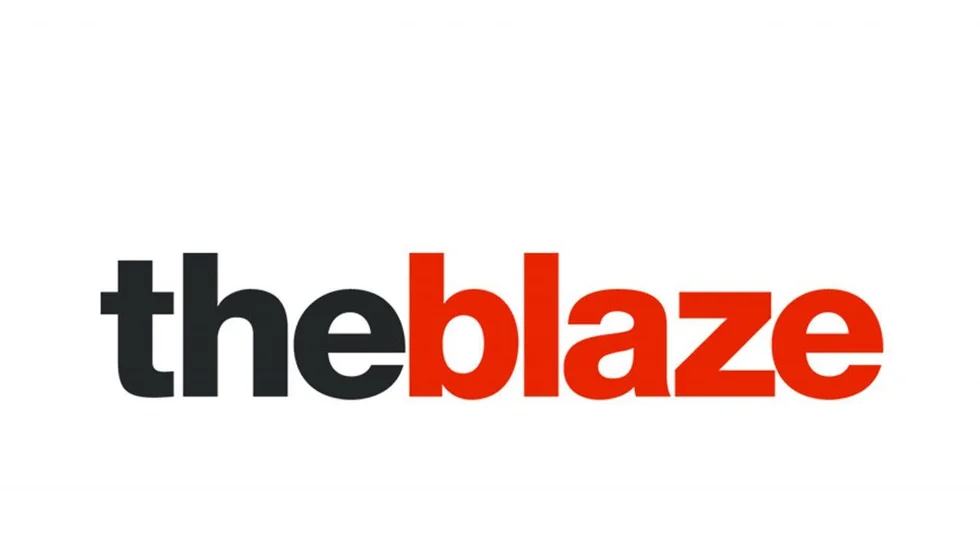
Image source: TheBlaze

The Trump administration on Thursday proposed to open nearly all U.S. offshore waters for gas and oil drilling purposes, which would ultimately reverse protections in some areas of the Atlantic and Pacific Oceans.
The Obama-era ban on drilling was implemented to protect more than 100 million offshore acres.
According to the Trump administration's plan to expand offshore drilling, the U.S. Department of Energy would allow access to drilling in the majority of parts of the outer continental shelf, including those in the Atlantic and Pacific near Maine, California, and Alaska, as well as the eastern region of the Gulf of Mexico.
Interior Secretary Ryan Zinke on Thursday said that the program would free up approximately 90 percent of the area for leasing, including much of those areas covered by the Obama-era ban.
The proposal, which includes about 47 different potential areas where industry companies can purchase leases for drilling rights between 2019 and 2024, is designed to tap into the country's "great energy wealth," according to the administration.
"We want to grow our nation’s offshore energy industry, instead of slowly surrendering it to foreign shores," Zinke said, noting that the plan is part of President Donald Trump's "American energy dominance" agenda.
"This is a start on looking at American energy dominance and looking at our offshore assets and beginning a dialogue of when, how, where and how fast those offshore assets should be, or could be, developed," Zinke told reporters. "Under President Trump, we’re going to have the strongest energy policy, and become the strongest energy superpower. And we certainly have the assets to do that."
You can read more about the Trump administration's history on the plan here.
Before Thursday's announcement, some Republican and Democratic officials voiced opposition to the plan.
A spokesperson for Florida Gov. Rick Scott (R) said Wednesday that the governor "is aggressively fighting to protect Florida’s environment by proposing more than $3.8 billion to preserve it."
Scott himself tweeted that he opposed the proposal and that he had requested a meeting with Zinke to discuss the plan and how to "remove Florida from consideration" for increased drilling permits.
New Jersey Gov. Chris Christie (R) in August approved a letter expressing the state of New Jersey's concerns with the plan, noting that the state "strongly opposes any waters off our coastline being considered for inclusion in this leasing program," and noted that the beach tourism industry creates more than 300,000 jobs and brings in $44 billion.
According to the Washington Post, Maryland Gov. Larry Hogan and South Carolina Gov. Henry McMaster, both Republicans, also expressed their opposition to the plan.
The Post also reported that Democratic governors for Delaware and North Carolina stand opposed.
Erik Milito, the American Petroleum Institute’s director for upstream operations, however, noted that he supports the Trump administration's plan.
"This new offshore leasing plan is an important step toward harnessing our nation’s energy potential for the benefit of American energy consumers," Milito said.
The Trump administration must take public comments for 60 days on the administration's proposal, and officials must revise it accordingly.
After the plan has been revised, a new proposal is offered and eventually finalized.
The entire process could possibly take a year or more to fine-tune.
Zinke said that "the states, local communities, and congressional delegations will all have a say" prior to the proposal being finalized in the coming months."